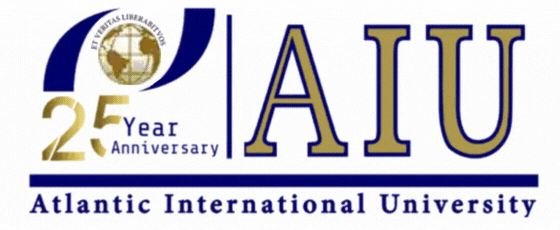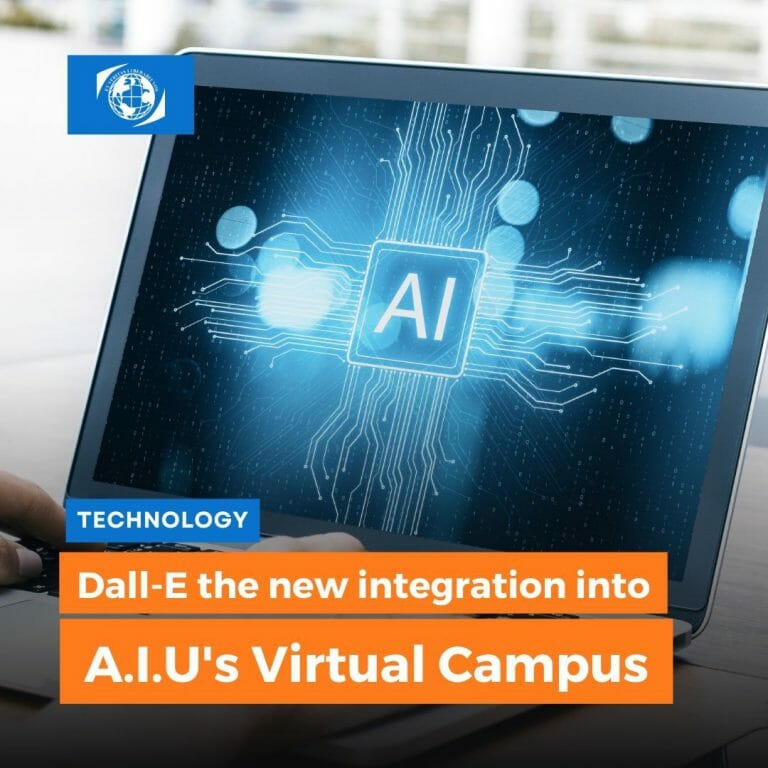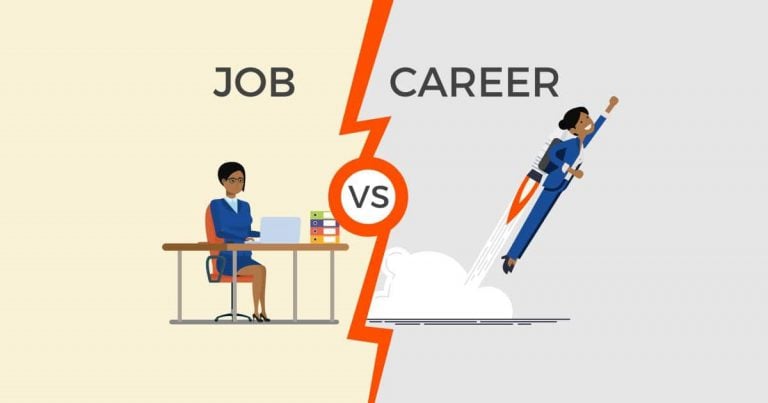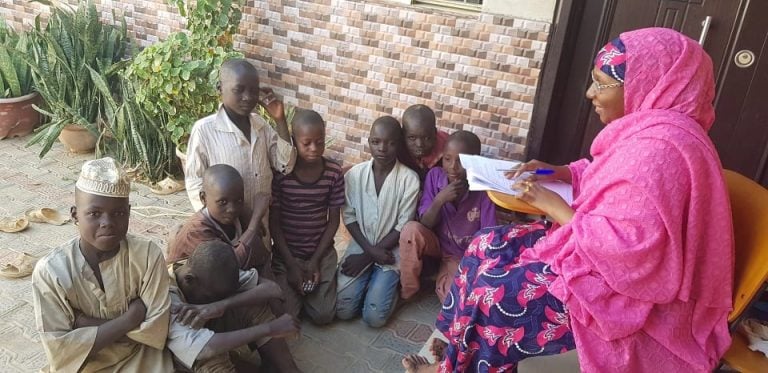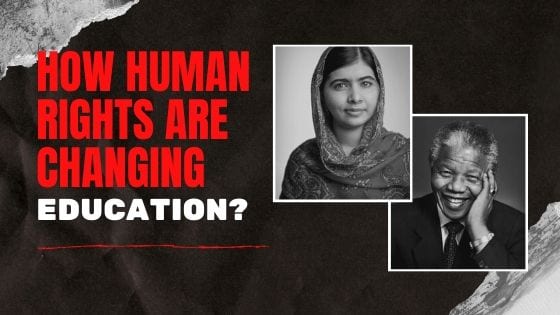A meaningful Right if Modernized – Atlantic International University
August 25, 2022 2023-09-18 21:18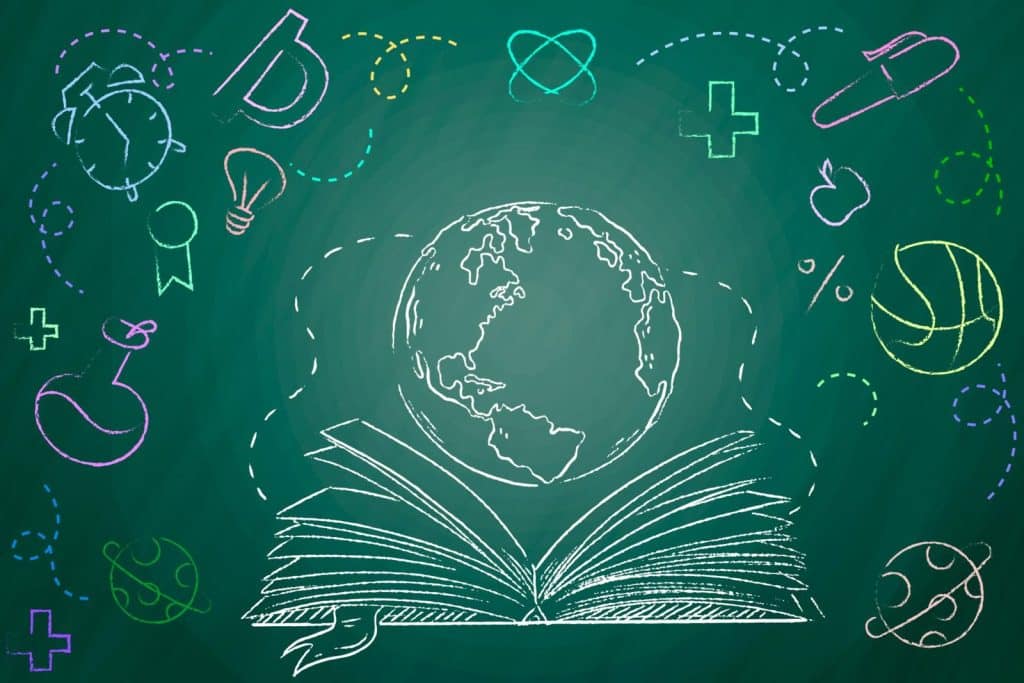
A meaningful Right if Modernized – Atlantic International University
Introduction
I started first grade in 1980, subsequent to a long and tedious war for Zimbabwe’s independence. People who were unable to attend school for years were now able to do so. At age 7, I could see students who were roughly 20 years old, just getting the opportunity to attend grade seven at my school. Bearded men, mother-like grown up women all in the same classroom as younger students who were supposed to be in that grade at their appropriate age. As the new majority government started their reign, one announcement that excited my family was that education was a human right for all and so every child was supposed to be given an opportunity to learn. Despite the fact that the majority of students in my class came from low-income families, it gave us all bright hope that we had the right to learn and that right, no one could take away from us.
Before this era, there were bottlenecks in the education systems of most colonized countries. Due to this, it seemed like the only options natives had were to prepare to be “good subordinates” to the superior colonial systems they wanted to be a part of.
Scholarly Perspectives on Education
I am inclined to agree with the thought that the free-market economy has many advantages, as it promotes the idea of competition that must motivate all parties to be efficient in decisions and actions. Ver Eecke, W (1998) identifies education as, “a merit good in which if the socio-economic dimension is ignored, society will be deprived.” It is now a common fact that education is regarded as a merit good, one that is likely to be under-supplied and under-consumed if everything should be left to market forces. Biesta, G. (2012) brings a deeper perspective to education as he looks at the need to include education as a “public good”. One may not doubt why such perspectives would be brought into question. One reason for this could be the innumerable benefits to society when people opt to take education to the public domain. A market system is deemed to have failures if it cannot efficiently allocate education as a merit or public good.
Jongbloed, B. (2003) sheds light on the issue of supply monopolies in education as a market failure. When I was a teenager, I was only aware of one university in Zimbabwe: the University of Zimbabwe. Consequently, the result of having only one such facility privatized, would only allow for a privileged few who could afford it, to attend.
My Experience
When I completed my Advanced Level education through an external examination body; since Zimbabwe had not yet localized exams by then, I faced great competition to be accepted into a public college. Many students had benefited from the “Education for All Policy”, such that the literacy level of Zimbabwe was climbed to approximately 98%. The number of Ordinary Level students was so high that only advanced level students could be enrolled in public universities. This was a high standard in the region. It became even more evident to me when I visited and started staying in Malawi. All my employers admitted that on average, the education standards set by the new independence government were very high.
Some colleagues disliked this new policy and thought it to be a most unfair advantage to students in our region, which was unfortunate because in no way did it lower the difficulty level of learning the material taught. I remember the rigorous efforts I made in college while I trained for a diploma in education. A colleague from a neighboring country confessed that the Diploma standards that were set in Zimbabwe, could match the degree standards in their country. Another close friend in the Engineering department also admitted to the same thought. He mentioned that the equipment in the department at the same college I studied; donated by the US Government, was far better quality than those at some other institutions.
I am proud to have had the exposure I did during my tenure there as it prepared me tremendously for my degree program.
Online and Adult Education Opportunities
As a zealous student, I am pleased to say that I have completed my Bachelors and Masters degree programs. My degree was completed through a program dubbed the “Block-Release” program where I utilized my school holidays as a teacher to study for an average of four weeks. It was difficult to cover sixteen weeks’ worth of work in four weeks, but the end result was worth it. One thing I learnt is that it is never too late to achieve your goals. As long as there is breath in your body, you have the capacity to achieve.
Another advantage of this program was that it forced us to become computer literate. This was an advantage for us as computers were not in our school system when I was a child. Online education forced me to become computer literate. Even on days when I struggled, I reminded myself of the great right I had to learn and used that to propel myself to completion.
Is education a human right?
While in theory, the right to education is often preached in almost all nations, not enough has been done to realize this for a vast majority of citizens. McCowan, T. (2010) makes this observation, “The universal right to education has been enshrined in a range of international rights instruments. Yet despite the considerable secondary literature on the subject, there has been little discussion of the notion of education underpinning the right.”
Where I now reside, I have witnessed the financial challenges that students at the primary level face even though education is free for all. In my research, “The Marketisation of Education”, I was saddened when the head of a school revealed that the school charges a small development levy of about $0.80 per term but some parents still struggle to find this amount. I visited the school and saw that the majority of classes have no chairs or desks, leaving students to conduct studies on the cold hard floor. My conclusion was that a mindset change, and a paradigm shift must be done since some things that were missing did not need monetary resources.
Modernizing Education
There is a dire need to modernize the education system. African countries, which make up a significant part of the developing world, can learn from developed nations such as the US and the UK if they are to transform the current education system. Courtney, S. J. (2018) outlines how the UK managed to achieve some milestones in modernizing their education system. There is need for investing time, talents and resources to make the right to education a meaningful one. The current generation has much more advantages than those gone before. They have the internet, computers, improved transportation systems, televisions, radios, etc. Proper planning and execution can bring new ideas to life to achieve a better system.
Conclusion
Education is a right and we must be thankful for it. The right has to be taken to where it is needed most – to the less privileged and the disadvantaged potential talents so that our world can be a better home for all. Those in authority in developing nations have an uphill task, especially where the education index is low. Even the so-called developing nations have a right to reach levels such as those in Scandinavian countries like Sweden and Finland, which boast of high educations indices. Records show that an average child makes it to university, while in a low-income country like Malawi, an average child struggles to complete secondary education. The right to education can be reached by all.
Related Posts
A meaningful Right if Modernized – Atlantic International University
August 25, 2022 2023-09-18 21:18Popular Tags
